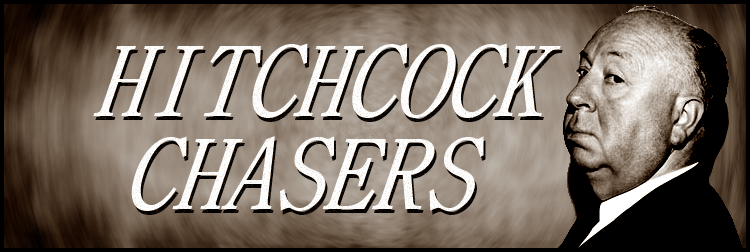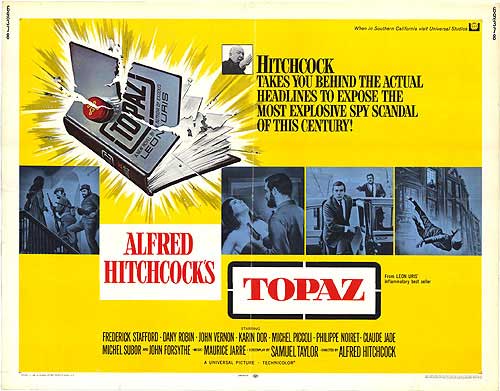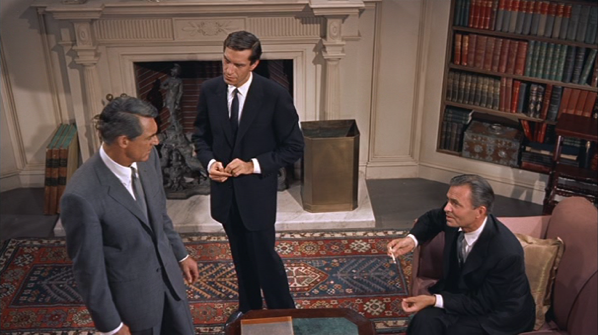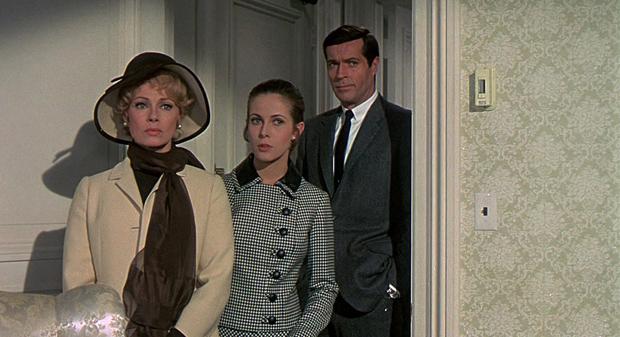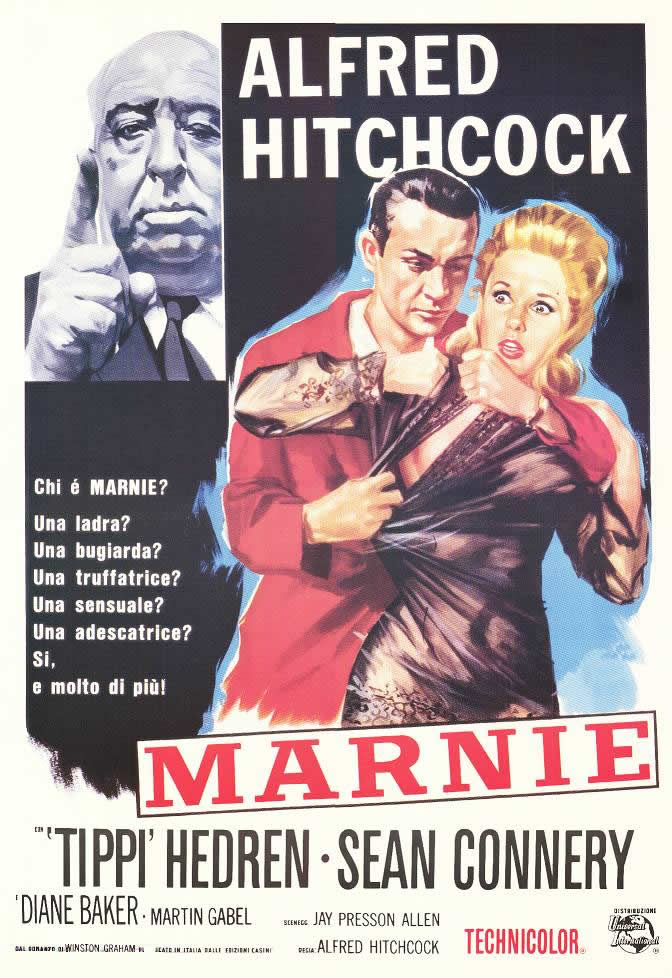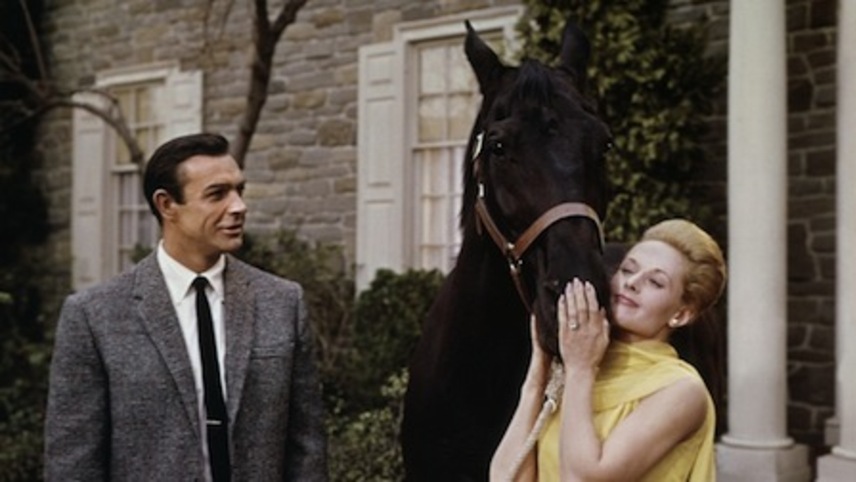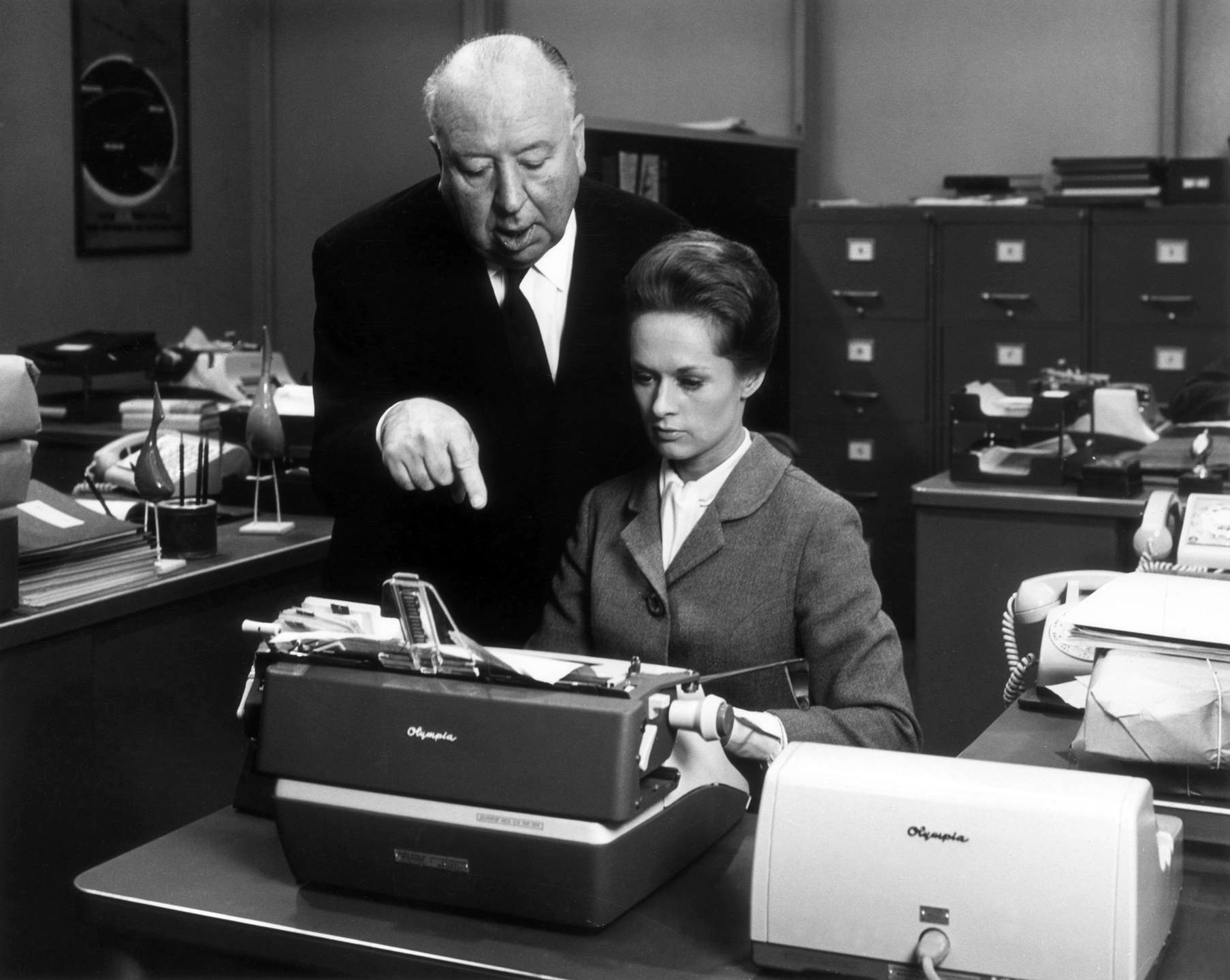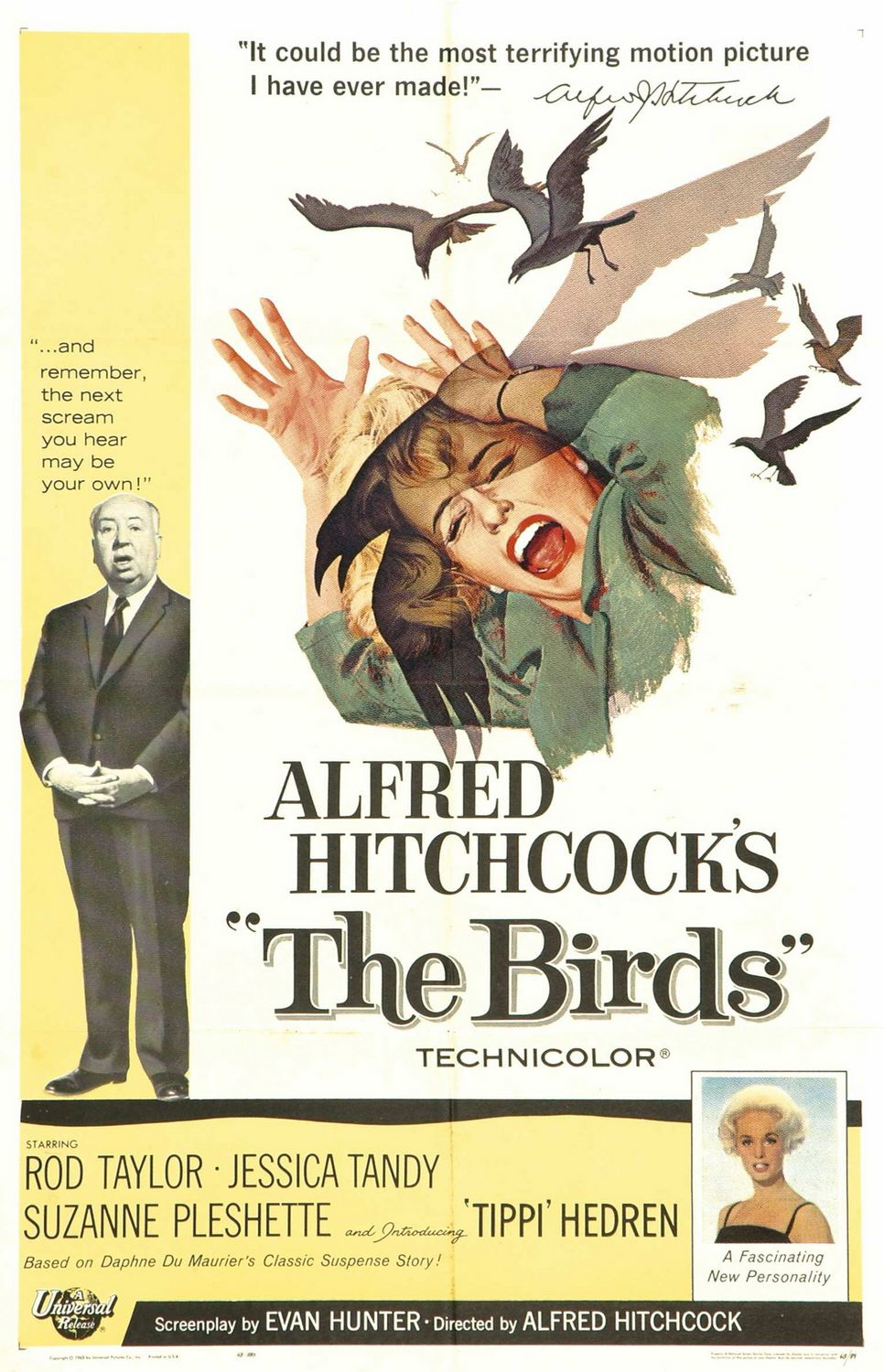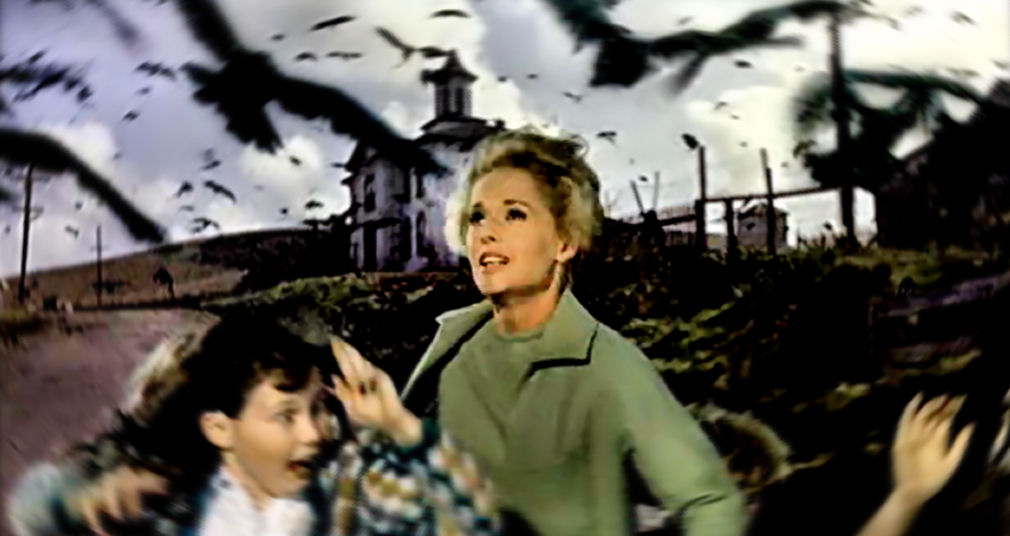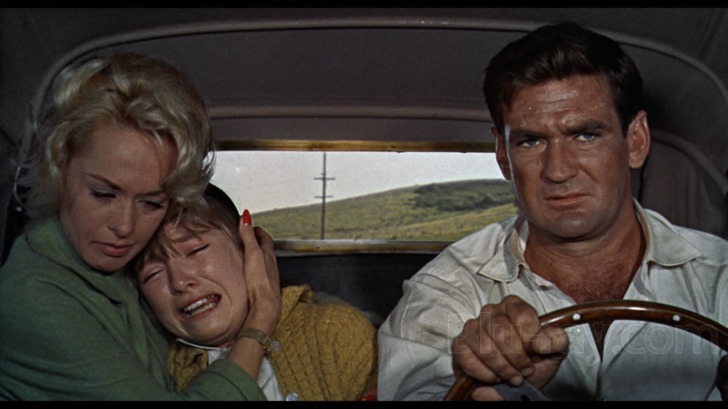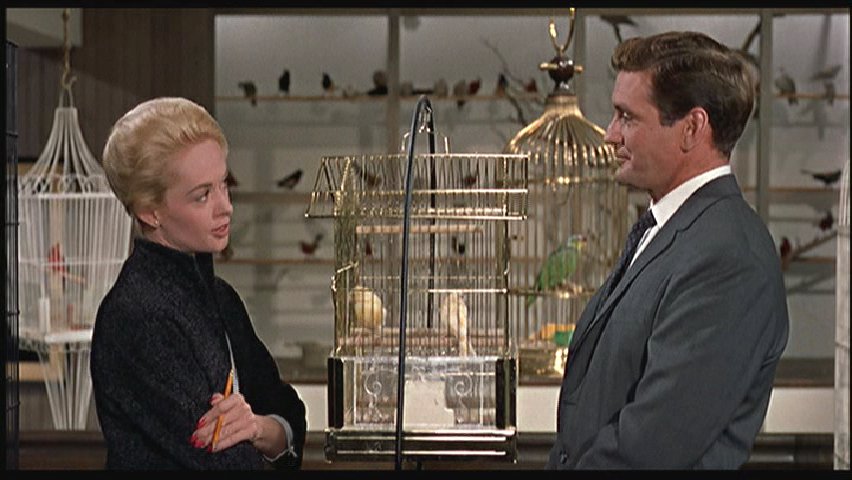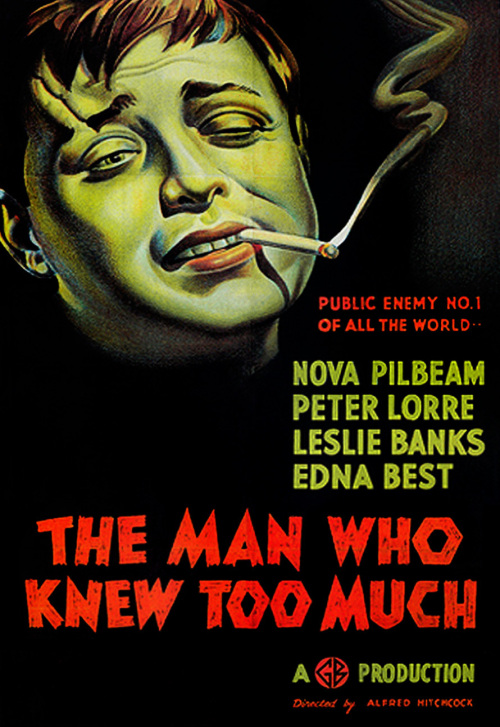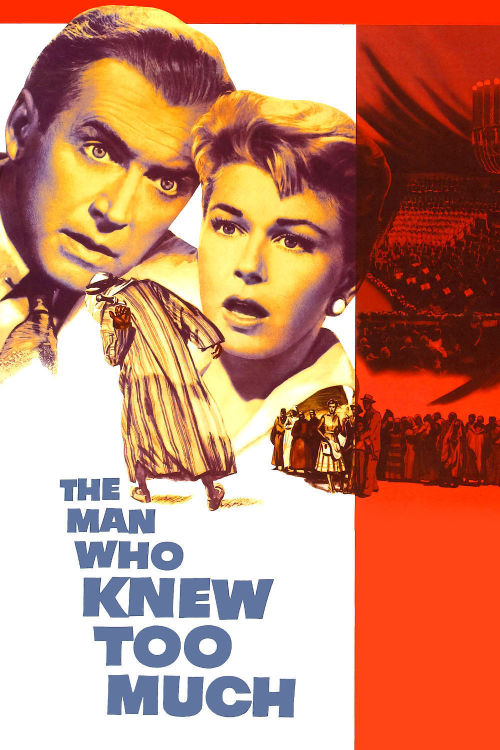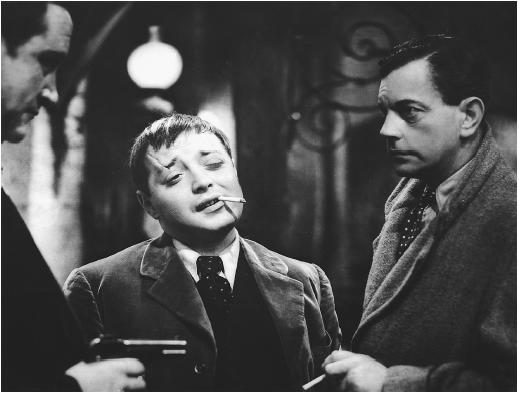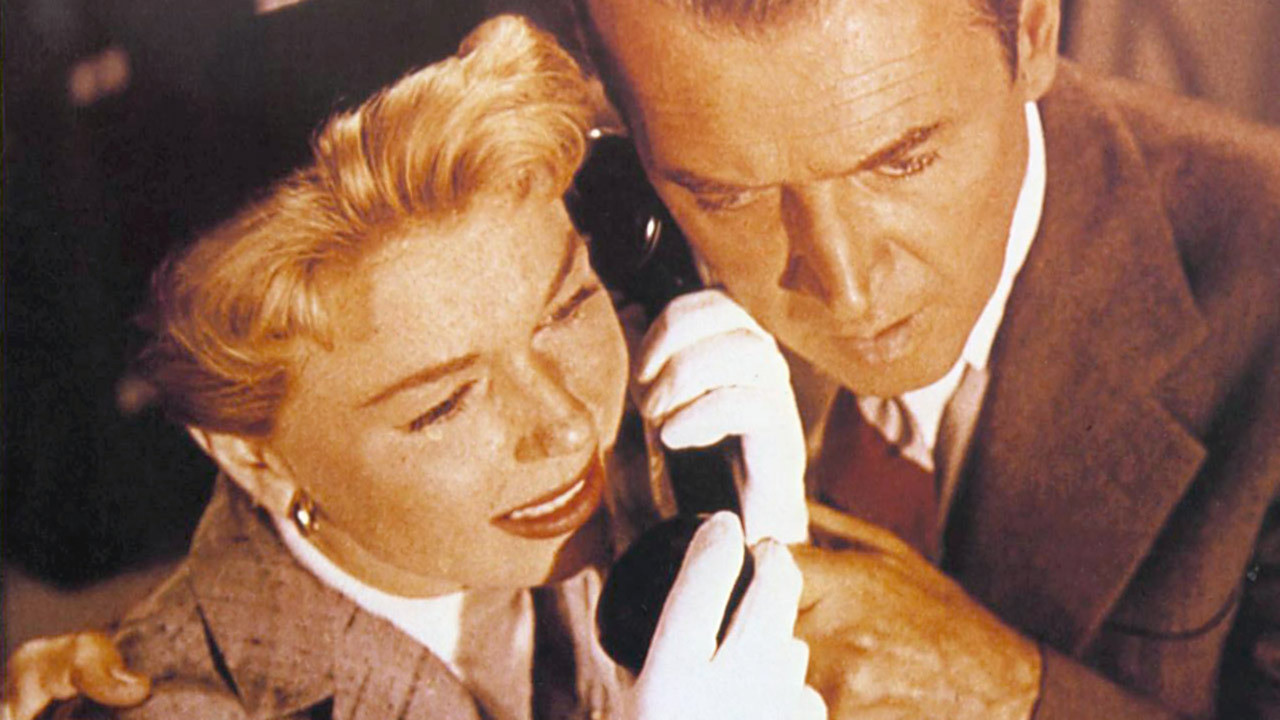Frenzy (1972)
 Monday, March 23, 2015 at 11:05PM
Monday, March 23, 2015 at 11:05PM 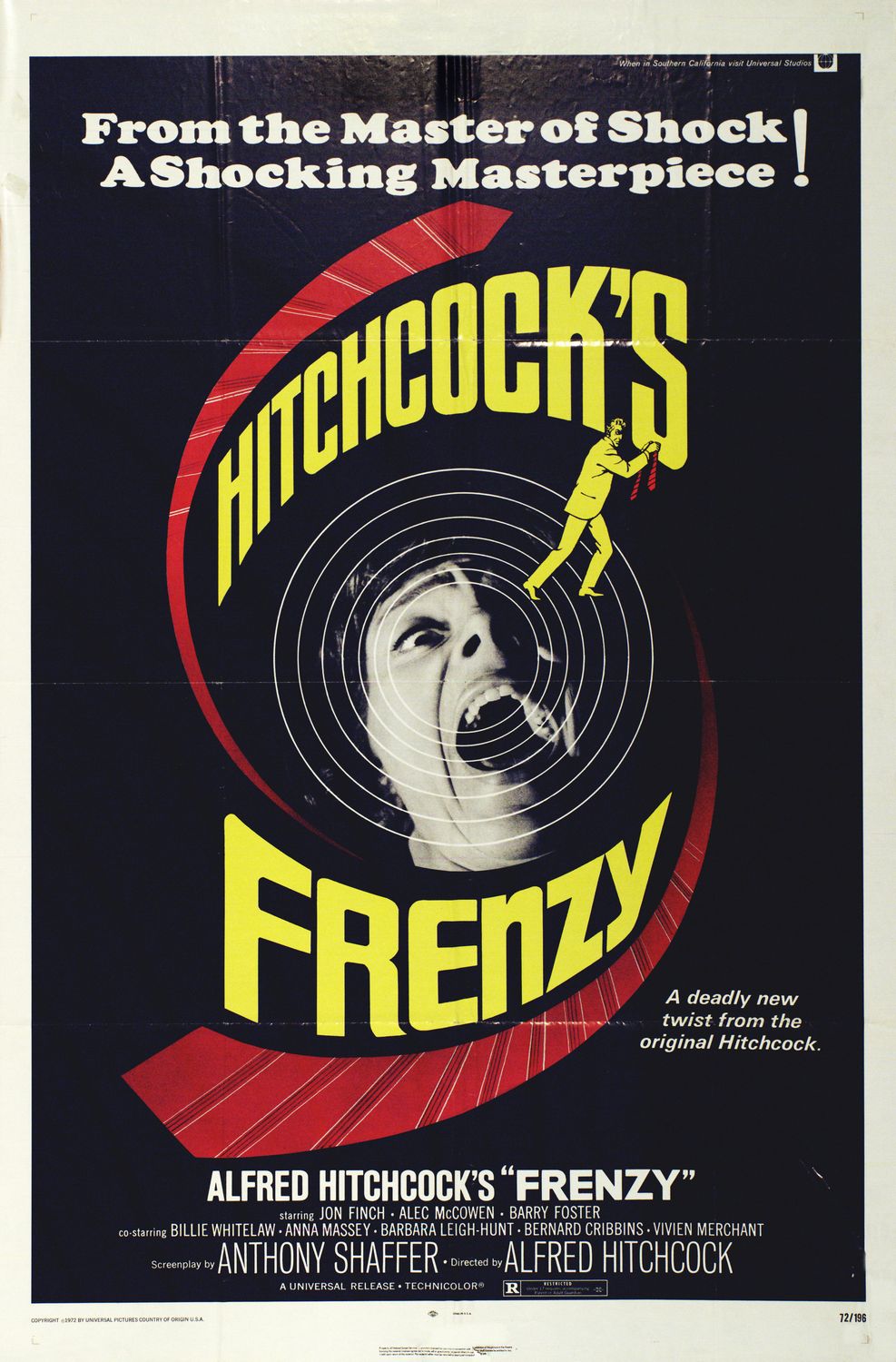
It’s been a difficult time for me and the Master of Suspense. Ever since the Birds, I haven’t honestly been enthralled with any of his films. This includes Marnie (though this is appreciate much more than the others) Torn Curtain and Topaz. With the latter two in particular, it appeared the Master didn’t have any interest in creating something to the level of quality associated with his previous films. Was it the demanding actors? Or pressure from the studio? These are only rumors and nothing can confirm definitely what caused their lackluster nature. The only question I had as I proceed through his films: would the slump last?
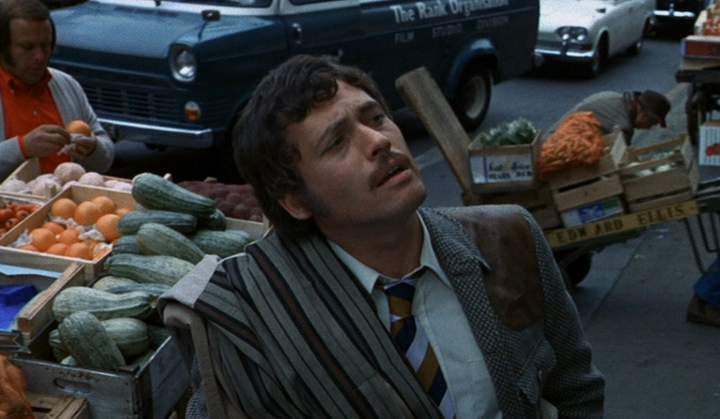
The answer is a resounding no! Three years after Topaz, Hitch made Frenzy. Prior to my viewing the only knowledge of the film I had was that it involved a serial killer and it was Hitch’s first and only R rated film (I guess based on this I knew one additional thing: no matter what, it was going to be light years better than M Night Shyamalan’s first and only R rated film).
Richard Ian Blaney (Jon Finch) is a down-on-his-luck, ex air force pilot who is now also an ex-bartender after being fired for supposedly pilfering some beer. Things get worse as his ex-wife gets killed by the Necktie Strangler (the serial killer I mentioned in the last paragraph) and by very unfortunate coincidence Blaney is assumed to be him. While he attempts to prove his innocence with help from the few friends he has, we deal with the knowledge of who the murderer actually is! What follows? SUSPENSE.
Now it’s not exactly brimming with suspense, as there this film contains some welcome macabre comedy. Regardless, the film is a triumphant return to form for Hitch. Original yet familiar, Frenzy is a dark yet very enjoyable film that most would commonly associate with the director. Hitch tropes such as “the wrong man”, sympathy for the killer, and even the MacGuffin are all present in full force. Something that we haven’t seen for some time is also the macabre humor that is present throughout, even causing this writer to laugh out loud multiple times.
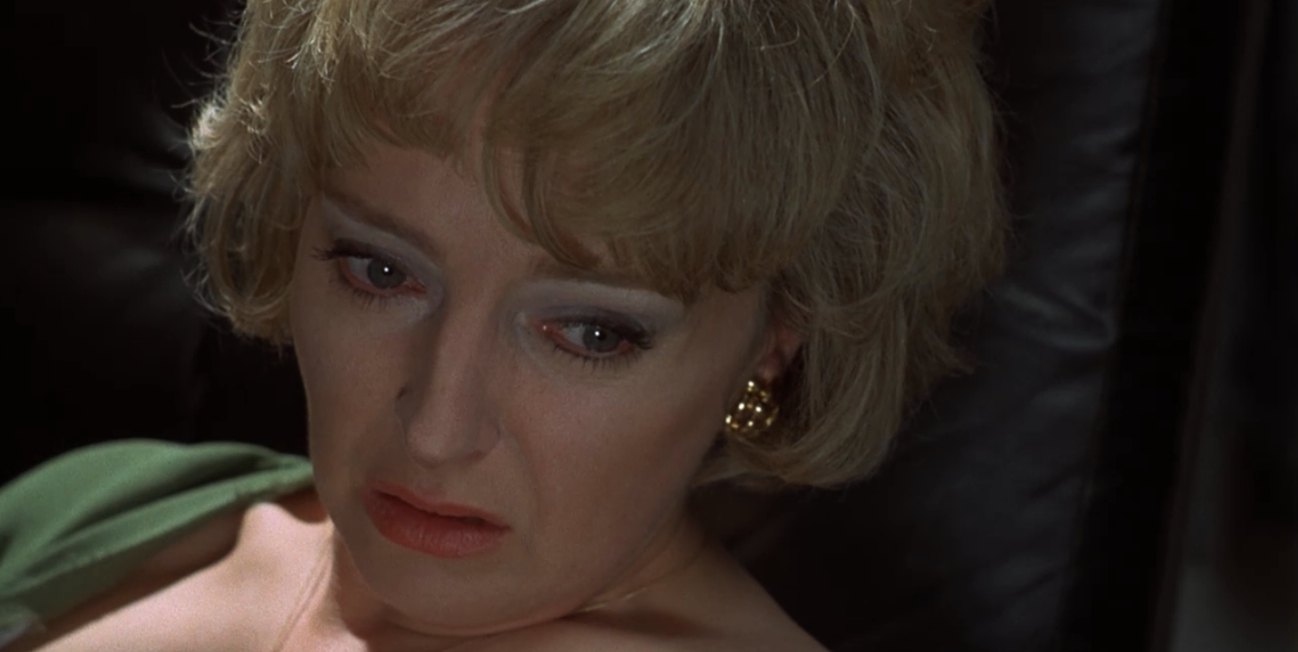
While there is familiarity, plenty new material keeps one interested including the twisty plot and various characters. The unique cast assists here, with standouts by Bernard Cribbins (the bar owner), Anna Massey (squeeze and fellow bartender Babs), Barry Foster (his successful businessman friend Robert... at the very least) and Alec McCowen as a smart yet wonderfully stressed inspector (stressed only because of his wife’s newfound interested in cooking; many a hilarious interludes follow with his innocent struggles portrayed on screen).
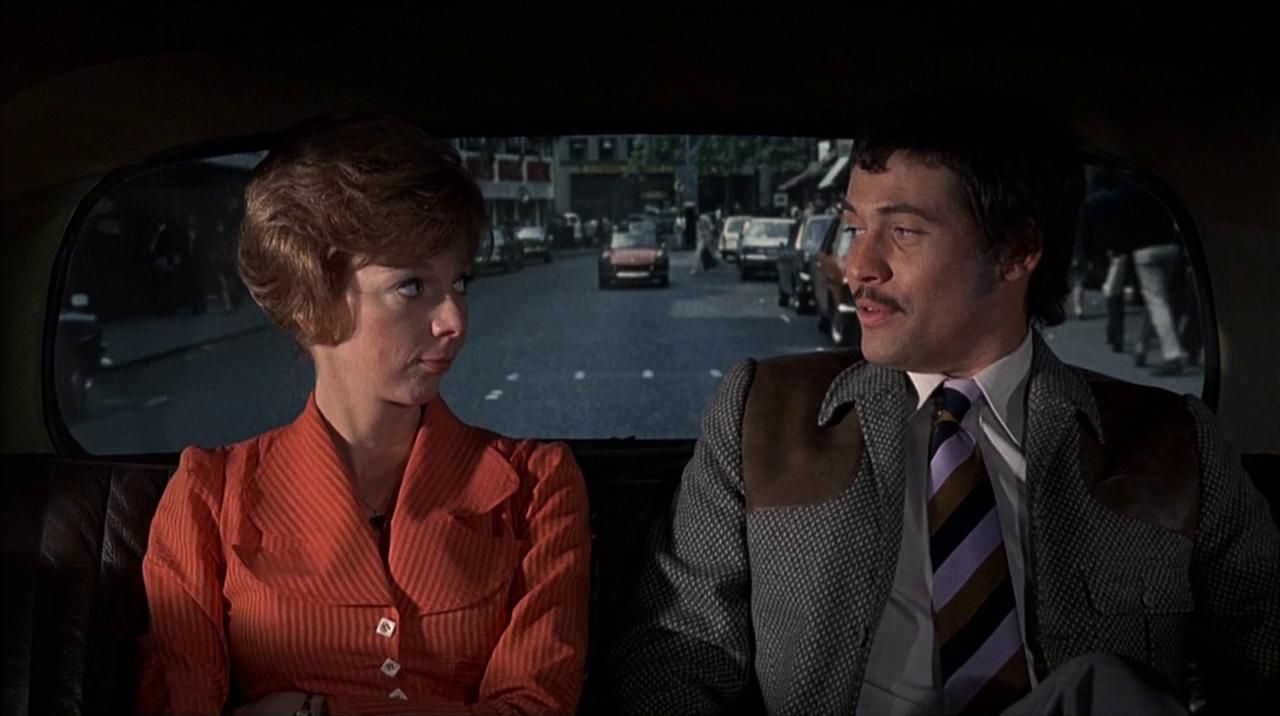
Also music is decent by Ron Goodwin, if nowhere near the quality of Bernard Herrmann (supposedly Henry Mancini was responsible for the original/unused score; after hearing a sample I soooo wish it was his score we heard). However cinematography and atmosphere are wonderful throughout, including many shots of silence or just diegetic sound portraying a seemingly normal sequence, though we the audience know that something dreadful is going on or about to happen. These long takes show that Hitch still had the capability for unmatched cinematic talent.
Now it’s worth mentioning: this film is arguably much more viscerally twisted and disturbing that all of his others. However if you’re ok with some fairly naughty material, this is a masterpiece that belongs on the pedestal with much of his other classics.



